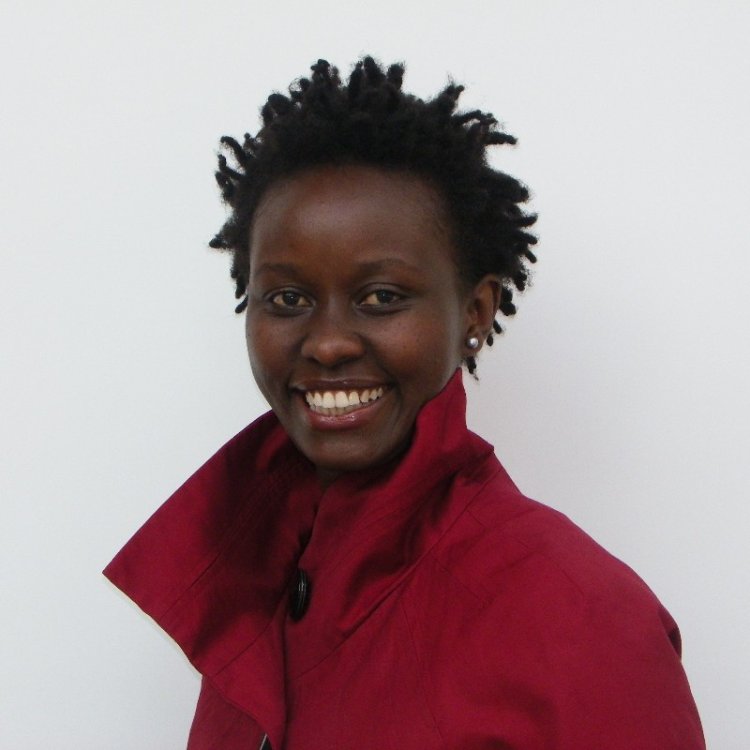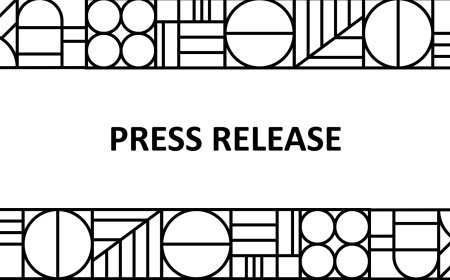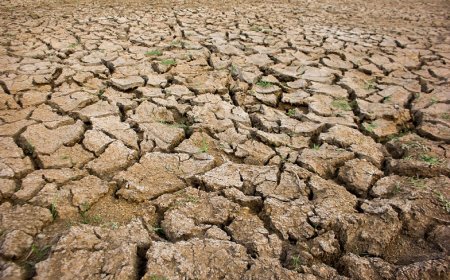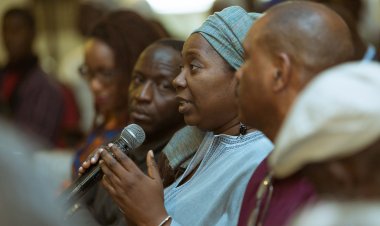Around the world, but especially in Africa, the state of the climate is increasingly characterized by extreme weather events, such as flooding and long-term droughts, with increasing risks to lives and livelihoods. The flooding events in South Africa and the worsening drought in the Horn of Africa are just two examples. The war in Ukraine and the impacts of COVID-19 are also causing strains on the socioeconomic and environmental well-being of the world´s most vulnerable and at risk populations.
However, while the COVID-19 pandemic and the war in Ukraine caught the world somewhat unprepared, the same cannot be said of the climate crisis. The drivers of climate change and its effects on current and future generations has been well documented by the Intergovernmental Panel on Climate Change (IPPC). The case for urgent climate action has also been well made. Yet, as was evident at COP26, the world is still not united on how to address the climate crisis.
Even more alarming is the systemic exclusion of important perspectives, ideas and knowledge in climate policy deliberations, agenda setting, and narratives. Questions, therefore, remain: why has the world been slow to act to avert this crisis? What needs to happen for the world to move past knowing to taking serious, sustained, and collective action?
It is with these questions and the motivation to find just, equitable, and inclusive solutions and pathways to climate action that I join APRI as Senior Fellow and Head, Climate Change Program.
The APRI team is changing the understanding and communication of Africa’s challenges and opportunities by diversifying and amplifying African and African diaspora voices in global policy debates. As head of the Climate Change Program at APRI, I will be championing common, but differentiated responsibilities on the climate crisis, especially as it relates to Africa, the continent that has contributed the least to causing the climate crisis but whose populations are already suffering the worst of its impacts. In light of the events at COP26, I also see the urgent need to take into serious consideration past and current injustices and inequities.
Considering the implications of the war in Ukraine and the prolonged impacts of COVID-19, speedy and collective action to address climate risks and vulnerabilities, as underscored in the most recent IPPC report, are urgently needed. However, caution must be taken to ensure that a speedy transformation does not exacerbate past and on-going inequalities and injustices. For a climate change strategy that does not consider the needs of current populations, and the injustices of the past (i.e., loss and damage) is unlikely to significantly address current climate challenges. Instead, such a strategy is likely to be met with resistance. Therefore, balancing climate action for future generations, with the needs and priorities of current generations, as well as addressing past injustices and inequalities are issue that must be delt with, without delay. Progress hinges on the perceptions of justice and equity.
It is my goal, together with the team at APRI and our partners in African countries, Europe, and around the world, to support African policymakers with timely and evidence-based policy options to enable them to create long- term, sustainable, and inclusive livelihood opportunities. My intention is also to create spaces for diverse perspectives on climate change challenges and opportunities, including leveraging indigenous knowledge and technologies to address climate-related challenges through locally anchored adaptation initiatives.




